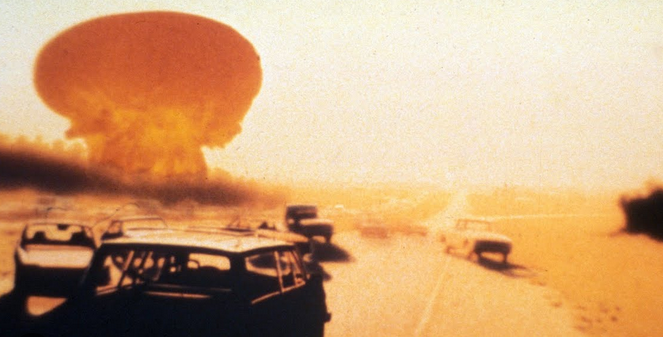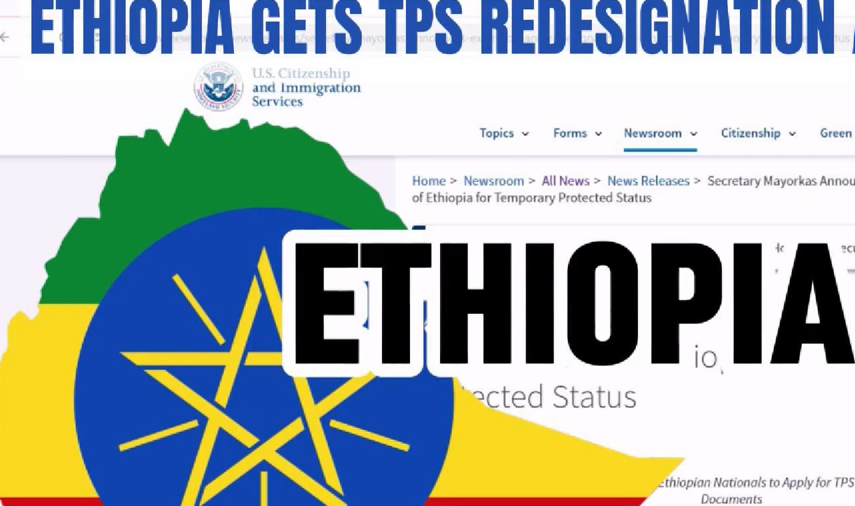Presumably, the BBC, apologists for British mining interests in Eastern Congo, would like to present Nkunda, who will likely by indicted for past war crimes by the International Criminal Court, as a savior for the DRC.
[The Media Watch]
The British Broadcasting Corporation (BBC) is at it again.
In a November 25 article headlined “Congo leaders killed opponents,” this media arm of British government propaganda makes it appear as if there is a correlation between a report denouncing alleged human rights abuses in the DR Congo by the government and the recent flare-up in fighting instigated by the leader of a terrorist army, Laurent Nkunda.
Presumably, the BBC, apologists for British mining interests in Eastern Congo, would like to present Nkunda, who will likely by indicted for past war crimes by the International Criminal Court, as a savior for the DRC.
“A rights group has accused the government of the DR Congo of using violence to eliminate political opponents since polls in 2006,” reports bbc.co.uk, “Human Rights Watch (HRW) said Congolese security forces had deliberately killed more than 500 people in a campaign against opposition groups.”
This article is the lead story in the BBC.co.uk’s Africa news section, given full prominence.
“HRW said the abuses were attracting scant attention because everyone was focusing on the conflict in the east,” adds the U.K. government’s mouthpiece, as if this could be surprising information; why wouldn’t people be focused on Eastern Congo, when, in the very next sentence, the mouthpiece reports, “More than 250,000 people have fled their homes since fighting erupted in August between government troops and rebels loyal to Tutsi General Laurent Nkunda.”
Read the sentence carefully again: “…fighting erupted in August between government troops and rebels loyal to Tutsi General Laurent Nkunda.” When in fact the United Nations has reported that it is Nkunda and his terrorist army that’s instigated the recent conflict that’s precipitated the deaths and displacements of innocent Congolese citizens.
The rest of the article does not deserve any further comment since it’s undiluted BBC spin on behalf of Nkunda; equating the bandits with Congo’s elected government. The remainder of the article speaks clearly for itself. It’s a clear attempt to divert global media attention from atrocities in Eastern Congo. In media language is called “changing the lead”:
“On Monday UN Secretary General Ban Ki-moon said that all parties involved in the conflict had committed serious human rights abuses.
“His special envoy, Olusegun Obasanjo, has urged Congolese President Joseph Kabila to talk with Gen Nkunda in order to prevent the situation from worsening.
“In its report, Human Rights Watch (HRW) accused Mr. Kabila’s government of “brutal repression” following elections in July 2006 aimed at bringing democracy to the country after years of fighting.
“Five hundred perceived opponents had been killed since then and another 1,000 had been detained – many of whom reported being tortured, it said. This, of course, together with the rebellion in the east, is dramatically undermining Congo’s ability to develop a democratic state.
“Many of those targeted were supporters of defeated presidential candidate Jean-Pierre Bemba and of another political group in the west of the country. (Here the BBC deliberately, maliciously, and conveniently fails to note that Bemba is in the Hague facing war crimes and genocide charges; so we not it on their behalf at no cost).
“Opposition groups had also used violence, HRW said. In these cases, the police and army had a duty to restore order, but often did so with excessive force, it said.
“Lambert Mende, a government spokesman, said the report did not reflect the facts.
“Congolese judges could not avoid convicting people who had committed crimes on the basis that they were political opponents, he said.
“But Anneke Van Woudenberg, a senior researcher for HRW, said that the group had documented the use of ‘brutal force’ against government critics.
“’This, of course, together with the rebellion in the east, is dramatically undermining Congo’s ability to develop a democratic state,’ she told the BBC.
“Last week, the UN Security Council approved an additional 3,000 soldiers and police for the UN peacekeeping mission in DR Congo in an effort to prevent the conflict in the east from escalating.
“Aid agencies are struggling to reach tens of thousands of people displaced by the fighting in North Kivu province.
“On Monday, the UN leader said both government forces and rebel troops had carried out arbitrary executions, mass killings, rape and torture there.
“In a 28-page report for the UN Security Council, Ban Ki-moon said the human rights situation there was a ‘cause for grave concern.’
“Special envoy Olusegun Obasanjo is due to return to DR Congo at the weekend for more talks aimed at ending the conflict, the UN said.”
Editor’s Note: Readers feel free to forward us any propaganda articles by the BBC for our Media Watch editors can break it down. Send the original propaganda articles to [email protected]











